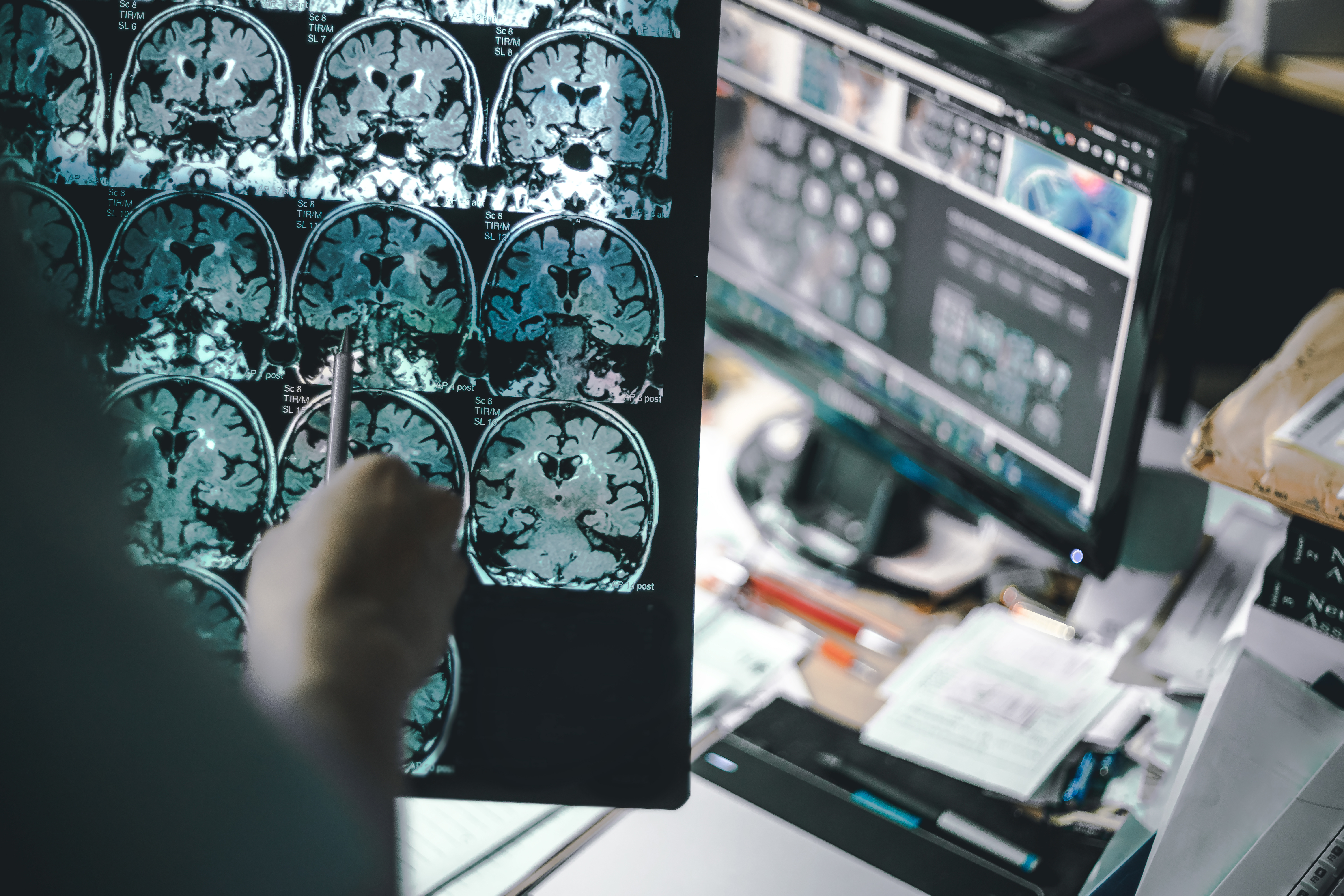What if taking on a hobby could lower your risk of dementia? That seems to be the underlying question behind a new study featured in the latest volume of Alzheimer’s & Dementia: Diagnosis, Assessment & Disease Monitoring.
According to a new study, having a hobby could lower dementia risk in older adults. However, it isn’t a cure, as some might initially think. Dementia is one of the highest-risk diseases in many adults right now, and the number of patients diagnosed with memory loss continues to grow each year.
As such, finding ways to slow this memory loss has become just as important as finding a cure or cause for dementia altogether. This is why there is so much focus on the help that smaller things like having a hobby can provide. According to the study, people who engage in additional activities may be at a lower risk of dementia.

But, how does that work exactly? Well, the main idea behind it seems to surround the action of keeping your brain engaged and working. Additionally, continuing to teach yourself new things will keep your brain engaged and help to foster good memory practices. The main goal, according to scientists, is to keep your brain’s cognitive activity going.
One way to do this is by taking on new hobbies or just learning new things about hobbies you already have. That’s why so many have reported on the benefits that hobbies can offer towards lowering someone’s dementia risk. This, along with other tips to help dementia, could benefit many.
Think of it like working the muscles in your body. If you consistently work them out, you won’t have to worry about them deteriorating as quickly. However, if you sit around and do nothing all day, your muscles will become weak and flaccid. The idea is to basically do the same thing with your brain to help lower the risk of dementia that you need to worry about.
Unfortunately, as I noted above, this isn’t a cure for dementia. That’s something that scientists are still working hard to find. But, if you take the advice the scientists offer here, it could at least possibly lower your risk of developing dementia or Alzheimer’s disease in the future.





